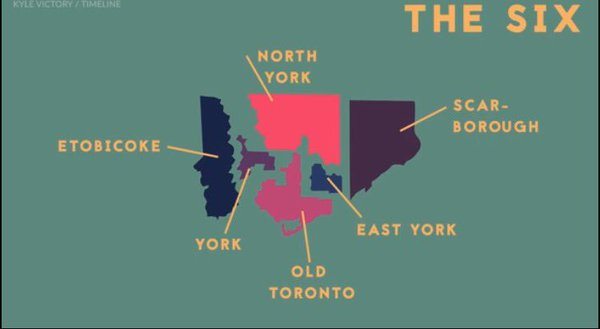
November 24, 2016 | foreign investment
For a long time, we Canadians were the number one foreign residential investor in the United States. In Canada, the U.S. has been our top foreign investor as well. Well this arrangement has changed as of 2016 after staying the same way for quite some time. As of 2016, China now is the largest foreign residential real estate investor in the United States. In turn, China is now the largest commercial real estate investor in Canada. Some may be worried over such change.
There has been a lot of misinformation out there in terms of foreign investment in real estate. I think it’s more like a lack of information based on a lack of statistics. Of course, sellers are all open arms when it comes to foreign investors because they believe they will lead to a higher selling price on their property.
I have been speaking to a number of sellers lately who always seem to get to the same question: Do you think Toronto or Ontario will pass a law to limit foreign investment here as they did in Vancouver?
I’m surprised how much I am asked this question. It was only last year that I was asked about the number of foreign investors who buy in Toronto for the first time. Now it’s a common question.
The truth is I do not currently have any insider information that would tell me if Toronto or Ontario would make that decision. We have all heard that it would likely be the province instead of the city that would make a decision as to whether to implement a foreign investor tax. It makes sense to be province-wide. If Toronto was taxed exclusively, investors would push out to the suburbs and nearby cities to buy.
Whether there is a tax or not, the focus is on one of the fastest growing foreign real estate investors here in Toronto – the now famous, Chinese real estate investor. It’s true, there is foreign investment coming to Toronto from many parts of the world including the Middle East, Europe and other parts of Asia. Still, the focus tends to be on the Chinese demand for real estate. Why do the Chinese want to invest here or outside of China?
We may hear how our Canadian government is working hard to limit foreign investment but there’s no doubt that the Chinese are receiving a very different message.
In many Chinese cities there are often international real estate trade shows, a massive gathering of brokers, developers and other real estate professionals all jockeying for the attention of Chinese buyers. American developers promote Houston townhouses. Portugal promotes its Golden Visa program and the Australian delegation woos potential buyers with stuffed kangaroos. Who could resist?
It’s not just that foreign investment is promoted in China. They are motivated by a weakening yuan and surging domestic housing costs.
It’s not just about real estate investment in Vancouver and Toronto though. The Chinese are investing everywhere from Thailand to Malaysia to Texas. The funny thing is, the Chinese government does not like to outflow of all that money. They are concerned about Chinese foreign investment more than any of us because all those investment dollars are leaving their country.
As much as some cities and countries try to keep Chinese investment from coming in, the Chinese government is trying to keep their money from flowing out.
Still, Chinese government policies have not been able to slow the buying spree that shows little sign of slowing. For many Chinese, the ability to grow real estate wealth in their own country is limited. Chinese real estate has grown out of reach.
Residential property values in Shenzhen, Beijing and Shanghai all jumped more than 30 percent in the last year. To put this in perspective. Shenzhen increased by a 180% in real estate prices over that past five years. Toronto has certainly done well, but nothing like that.
In some cities with crazy prices like Hong Kong, there has been a 30% tax on foreign investment. Sound familiar? Every time there is a city with rapidly increasing real estate prices, governments put in a tax to slow the flow of foreign money coming in so locals can afford to buy properties.
Interestingly, Chinese city faves like Vancouver and Sydney are now being passed by for cheaper cities, particularly in the U.S. like Houston and Orlando. Still, it’s not just about investment potential, it also has to do with where the Chinese want to live or send their kids to school.
Chinese parents with children at foreign schools have been a major source of demand, accounting for an estimated 45 percent of cross-border buying.
So, how does Toronto fit into all of this? Well, compared to many Chinese cities, Toronto is a bargain. Compared to other smaller cities in the U.S. and Quebec, we’re not such a bargain. In Canada, we may pick up some investors from Vancouver who don’t want to pay the foreign investment tax, but I don’t anticipate a flood of Chinese investors especially when the focus has shifted to smaller American cities for now.
On the other hand, we don’t have a foreign tax right now. If other parts of the world start to add a foreign investment tax, we may become more appealing. In the end, I think many foreign investors would be drawn to Toronto not because of investment reasons, but for family or a desire to live here. They are attracted to its diversity. In the case of the Chinese, it would be an easy transition to move here, to a diverse city, rather than a less expensive city without a number of Chinese communities.

